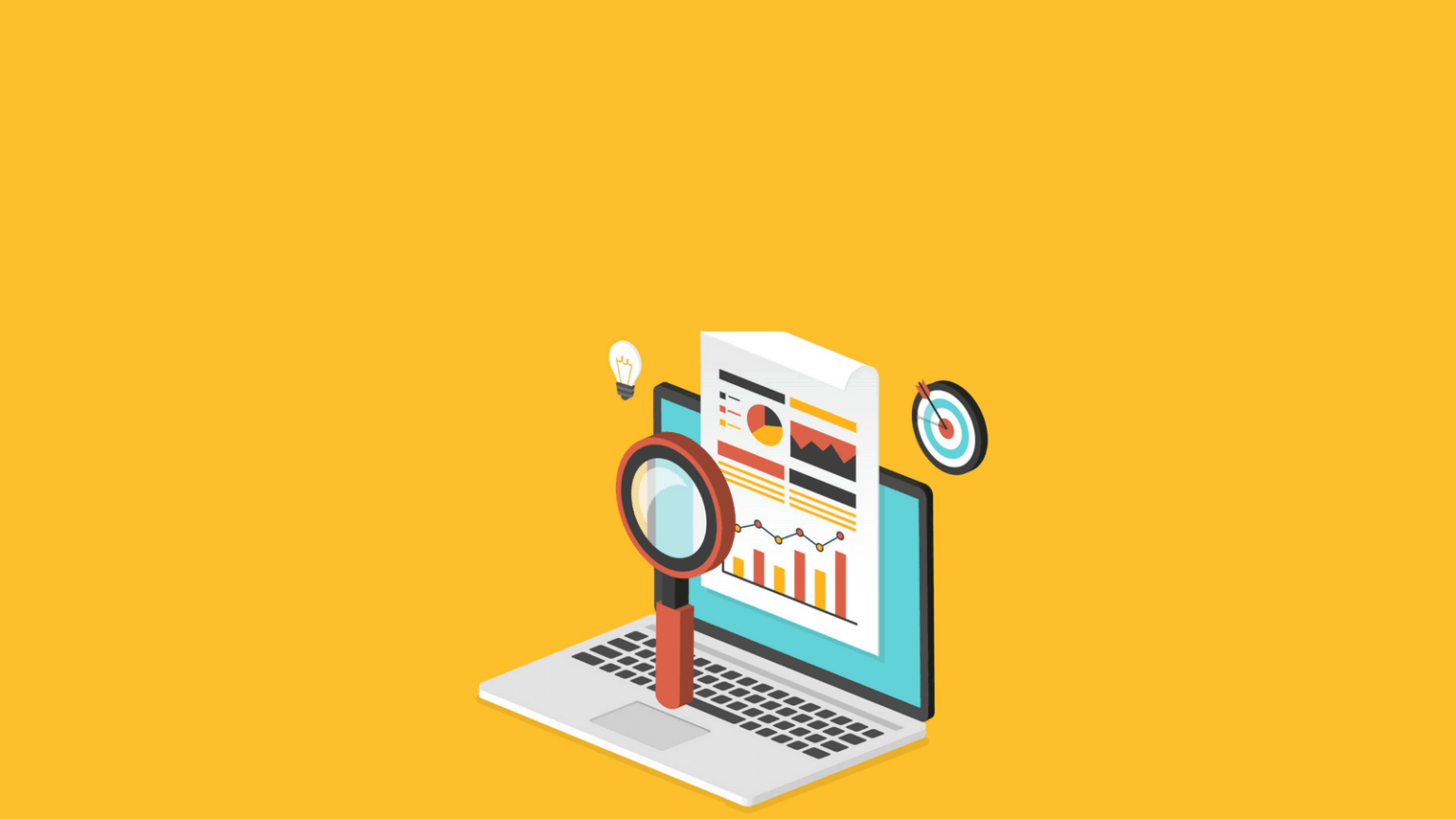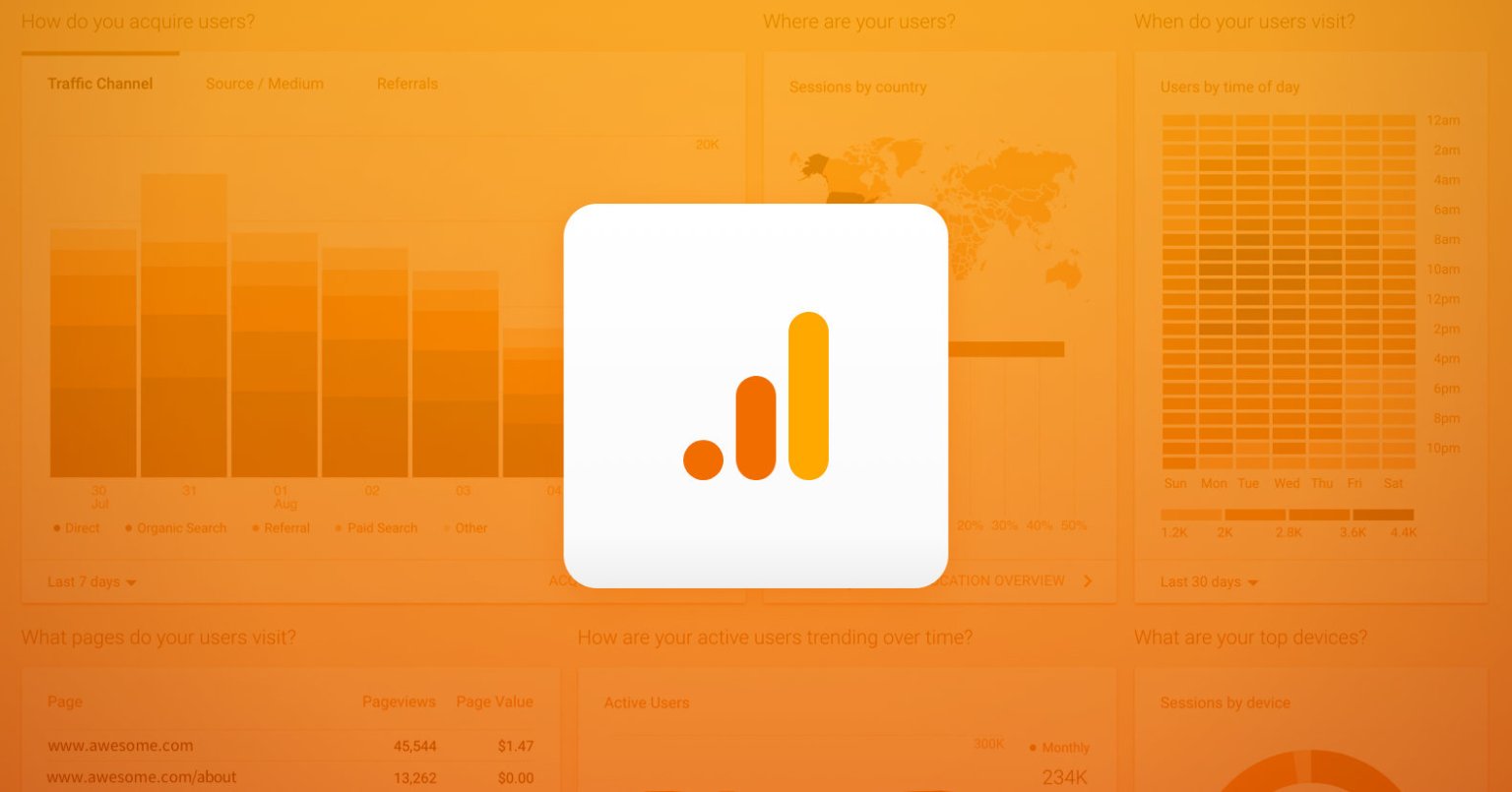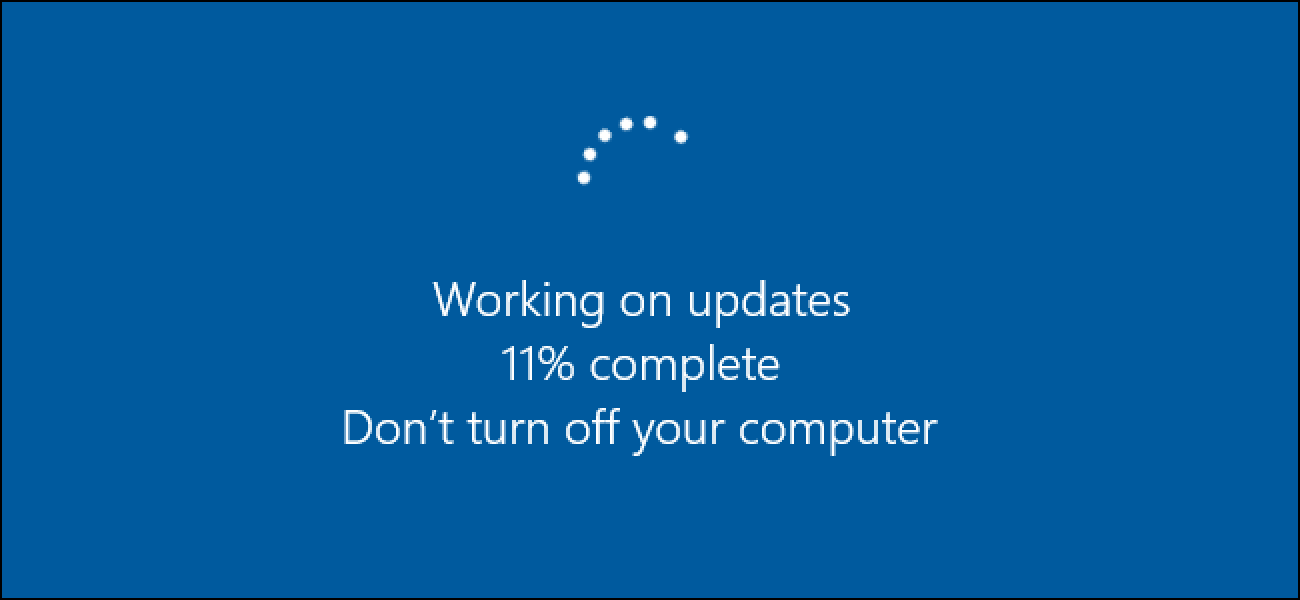What is PPC Marketing?
- Get link
- X
- Other Apps
Well, through ad programs, such as Google Ads, marketers specify how much they are willing to pay through the PPC Marketing programs. Especially, for a user who clicks through to their website landing page.
As it is an auction-based system, the advertiser who bids more for a certain keyword gets the most exposure. And while many ads campaign has a set start and end date, some campaigns eventually become evergreen. For those campaigns, there are things you can do to keep the momentum going.
For example, a digital registration page (like that of jmexclusives) will be active for the life of the promotion, receiving the email, social, and paid traffic.
But, when the event is over, replacing the web registration form with gated access to all the recordings allows you to keep pulling in conversions. So that in the end, organic traffic becomes a source of leads now that it’s in its evergreen state.
And because your online promotion efforts are over, this is when you might want to consider a Social Share Plugin as the primary continuance action. In particular, so that you can maintain a decent flow of traffic coming back to the landing page.
What is PPC Marketing?
PPC Marketing (Pay-per-click marketing) is a way of using search engine advertising to generate clicks to your website, rather than “earning” those clicks organically. You know those sponsored ads you often see at the top of Google’s search results page, marked with a yellow label? That’s Pay Per Click advertising (specifically Google Ads PPC).
To enumerate, every time your ad is clicked, sending a visitor to your website, you pay the search engine a small fee. (That’s why it’s called “Pay Per Click.”) And when your PPC marketing campaign is well-designed and running smoothly, that fee will be trivial.
Simply, because the visit is worth more to your business than what you pay for it. For example, if you pay $10 for a click, but the click results in a $300 sale, then using PPC marketing is a no-brainer.
What are the Benefits of PPC Marketing?
As one of the most dominant forms of digital marketing, PPC advertising can benefit just about any business. Even seasoned marketing veterans know there are few advertising strategies that allow you to reach your target audience at nearly any stage of the buying process.
While you’ve probably heard your fair share of horror stories about PPC advertising, the truth of the matter is, some people simply don’t know what they’re doing.
And if you’ve been sitting on the fence and debating whether or not PPC would be a beneficial marketing platform for your business, read on. Ultimately, pay-per-click marketing is good for everyone in various ways:
1. It’s good for searchers
Firstly, research indicates that searchers click on paid search ads more often than any other form of digital advertising. This means that people really don’t mind being advertised to, provided that the products and services advertised actually fit the searcher’s needs.
And because we use search engines when we’re looking for products and services, the results, including the ads, are generally highly relevant to what we’re looking for. Plus, Google has developed an excellent PPC formula for ensuring that PPC ads meet the user’s needs.
2. It’s good for advertisers
Secondly, advertisers are offered a unique means of putting their message in front of an audience who is actively and specifically seeking out their product.
Because searchers reveal their intent through their search query, advertisers are able to measure the quality of traffic that results from search engine clicks.
3. It’s good for search engines
Equally important, PPC marketing enables search engines to cater to searchers and advertisers simultaneously. The searchers comprise their user-base, while the advertisers provide them with their revenue stream.
The engines want to provide relevant results, first and foremost, while offering a highly targeted, revenue-driving advertising channel.
Another unique advantage of PPC marketing is that Google (and other ad networks) don’t just reward the highest bidders for that ad space, they reward the highest-quality ads. Meaning, these are the ads that are most popular with users.
Essentially, Google rewards good performance. The better your ads, the greater your click-through rates, and the lower your costs.
4. Offers a complete transparency
This form of marketing allows you to track campaigns with complete transparency. And without a doubt, one of the biggest benefits is that it brings to the table ease of tracking.
Between your Google AdWords account (now operating as Google Ads) and Google Analytics, you can effortlessly track everything.
From how many people are seeing your campaign to what they’re doing on your website after they click on it. Whereby, the depth of available metrics allows you to have a bird’s eye view of your entire campaign from start to finish.
And so you can easily pick out what’s working and what’s not. Unlike other marketing strategies, you’ll never have a difficult time tracking how well your campaigns are really performing.
5. Increases your brand reputation awareness
As an example, few marketing strategies will allow you to put highly targeted ads right in front of your audience in as little as a few hours (with experience, of course).
Whether your business is just getting off the ground and you want to start grabbing market share as fast as possible, or you have a time-sensitive offer that needs immediate exposure, PPC marketing can get it done.
With email marketing and SEO, it can sometimes take years before you start seeing a steady return on your investment.
Rather than waiting around for people to find your website organically, PPC advertising allows you to quickly target potential customers that are outside of your sphere of influence.
6. You are able to take more control of your business
In marketing, ideally, you want to have as much control as possible so you can customize campaigns to fit your exact needs and goals.
In addition to using Google’s detailed range of targeting options that allow you to easily zero in on subsections of your target market no matter how small or niche, you also have full control over how much you want to spend.
Even if your marketing budget is relatively limited, PPC gives you the ability to gain exposure on as little as $5 a day (though that may not yield the best results).
Google even allows you to make changes to your campaigns while they’re running. Making it simpler than ever to optimize things on the fly and make the most of every dollar spent.
7. You’re in a better position to pay only when there’s a click
Notwithstanding, the biggest problem with the cost per impression (CPM) model (that many popular marketing platforms use) is that you’re paying for exposure rather than action.
On the other hand, with PPC marketing, you only pay when a customer clicks on your ad and gets redirected to your website or landing page.
Because CPM marketing charges based on the number of people that see your ad, you have to put a lot more time and energy into the actual design. As well as the copy process to make sure your investment has the highest chances of converting.
And while you still have to spend time on this with PPC marketing, you can safely assume that you’re only paying when interested potential customers click on your ad.
Of course, Yes! You’ll have more time and money to use while optimizing your landing page and end-of-funnel content.
8. You get a second chance for the missed lead conversions
Typically, when someone visits your website and leaves without making a purchase, they’re considered a lost lead that you’re likely to never see again.
To give you a better idea of how many missed opportunities you’ve passed upon, take a look at your website’s bounce rate and the number of repeat visitors as a percentage of total traffic.
If your repeat traffic is low, that means the majority of your visitors aren’t coming back. PPC advertising opens the door for a second chance. Particularly, with customers that only visited your site once thanks to remarketing ads. But, just because someone comes and goes doesn’t mean they’re not interested.
Bearing in mind, the internet is a crowded, distracting environment that’s constantly vying for attention. One important thing, remarketing ads help cut through this noise. Allowing you to keep potential customers engaged with your brand no matter how they originally found you.
9. Helps you to increase your website product sales and traffic
Okay! As great as SEO and social media can be for generating steady streams of organic traffic and driving sales, both strategies can take a long time to work. After all, you put a lot of time into your website and products. So, why should you have to wait around for people to find them?
Because PPC marketing can give you first-page exposure in less than a day (if you’re willing to pay for it), that also means you can instantly begin driving traffic to your website.
Outside of increasing brand awareness, you can also directly target potential customers based on where they are in the buying process. Instead of marketing to consumers that are still in the research phase, with the right keywords, you can directly target buyers that have their credit card in hand.
10. It provides your business immunity to frequent SEO changes
If you’ve spent any amount of time trying to dance around the complex set of rules Google creates for SEO marketers, you know just how frustrating it can be to keep up with.
Between regular, game-changing updates and endless secrecy about which factors carry the most weight, SEO takes a lot of time and patience before it begins to pay off.
While PPC advertising experiences updates as well, they’re not nearly as frequent or disruptive as those that affect the SEO side of things.
So, no matter what Google algorithm gets changed next, your PPC ads will continue to operate like clockwork with no tweaking needed.
Is PPC Marketing Right for You?
Google Ads, formerly known as Google AdWords – by far the most popular PPC marketing platform. Whereby, it operates on a pay-per-click model, in which users bid on keywords and pay for each click on their advertisements.
Every time a search is initiated, Google digs into the pool of bidding advertisers and chooses a set of winners to appear in the ad space on its search results page.
The “winners” are chosen based on a combination of factors. Including the quality and relevance of their keywords and ad text, as well as the size of their keyword bids.
For example, if jmexclusives bid on the keyword “PPC software,” our ad might show up in the very top spot on the Google results page.
And more specifically, who gets to appear on the page and where is based on an advertiser’s Ad Rank, a metric calculated by multiplying two key factors.
The two key factors are;
- CPC Bid: The highest amount an advertiser is willing to spend.
- Quality Score: A value that takes into account your click-through rate, relevance, and landing page quality, among other factors.
In turn, your Quality Score affects your actual Cost Per Click (or in short CPC). This system allows winning advertisers to reach potential customers at a cost that fits their budget.
The good news for advertisers is that in giving a search engine what they want (relevant pay-per-click ads) you’re also delivering targeted advertisements.
Especially, to people who are literally seeking out your product. Therefore, it’s a win-win.
In short, PPC marketing offers a unique opportunity to:
- Grow Your Customer Base: Connect with searchers actively looking for products and services like yours, and respond to that need by providing them with an offer relevant to their search query.
- Generate Leads at Low Costs: Because pay-per-click marketing allows you to reach leads and prospects when they’re researching and looking to buy, it’s a highly effective way to bring interested visitors to your site. Plus, you can enjoy an algorithmically generated discount from the search engines in exchange for making their users happy.
The truth is, pay-per-click marketing can work for almost any kind of business, whether you’re looking to sell products through an e-commerce website, generate leads for a service-based or software business, build brand awareness, or even drive foot traffic and phone calls to your local store.
The difficulty is in the execution. In order to get the most out of your pay-per-click marketing campaign, you need to follow a few best practices.
How do I conduct a Keyword Research?
Keyword research for PPC can be time-consuming, but it is also incredibly important. Whereas, your entire PPC campaign is built around keywords. And the most successful Google advertisers continuously grow and refine their PPC keyword list. Ideally, using a variety of tools, not just Keyword Planner.
If you only do keyword research once, when you create your first campaign, you are probably missing out a lot. Particularly, on hundreds of thousands of valuable, long-tail, low-cost, and highly relevant keywords that could be driving traffic to your site.
An effective PPC keyword list should be:
- Relevant: Of course, you don’t want to be paying for Web traffic that has nothing to do with your business. You want to find targeted keywords that will lead to a high PPC click-through rate, a low cost per click, and increased profits. That means the keywords you bid on should be closely related to the offerings you sell.
- Exhaustive: Your keyword research should include not only the most popular and frequently searched terms in your niche but also extend to the long tail of search. Long-tail keywords are more specific and less common, but they add up to account for the majority of search-driven traffic. In addition, they are less competitive and therefore less expensive.
- Expansive: PPC is iterative. You want to constantly refine and expand your campaigns, and create an environment in which your keyword list is constantly growing and adapting.
Your pay-per-click keyword strategy should also include regular negative keyword discovery.
Keeping in mind, negative keywords prevent your ads from showing up for searches that are not relevant to your business and are unlikely to convert.
How do I Manage my Campaigns?
Of course, once you’ve created your new campaigns, you’ll need to manage them regularly to make sure they continue to be effective. In fact, regular account activity is one of the best predictors of account success.
You should be continuously analyzing the performance of your Google ads and your AdWords account. Even if it’s just 20 minutes a week can make a big difference.
Make the following adjustments to optimize your campaigns:
- Add PPC Keywords: Expand the reach of your pay-per-click campaigns by adding keywords that are relevant to your business.
- Add Negative Keywords: Add non-converting terms as negative keywords to improve campaign relevancy and reduce wasted spend.
- Split Ad Groups: Improve click-through rate (CTR) and Quality Score. By splitting up your ad groups into smaller, more relevant ad groups, which help you create more targeted ad text and landing pages.
- Review Costly PPC Keywords: Review expensive, under-performing keywords and shut them off if necessary.
- Refine Landing Pages: Modify the content and Call to Action (CTAs) of your landing pages to align with individual search queries in order to boost conversion rates. But, don’t send all your traffic to the same page.
By continuously optimizing your pay-per-click campaigns, you’ll be able to grow your customer base and increase ROI.
Resources;
Finally, what do you think about pay-per-click advertising? Please feel free to share your thoughts in the comments section.
All in all, if you’ll need more help towards marketing your brand, business, or products online, Contact Us and we’ll provide you with a way forward.
Below are more useful and related topic links;
- Get link
- X
- Other Apps





Comments
Post a Comment